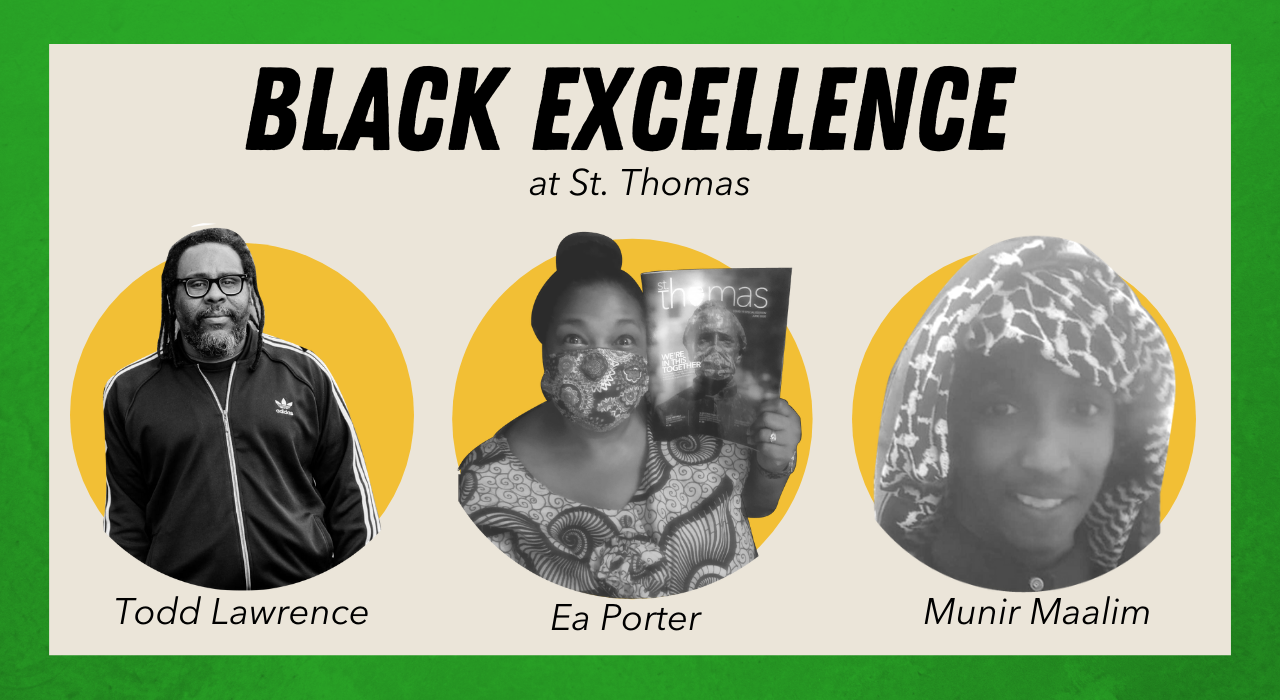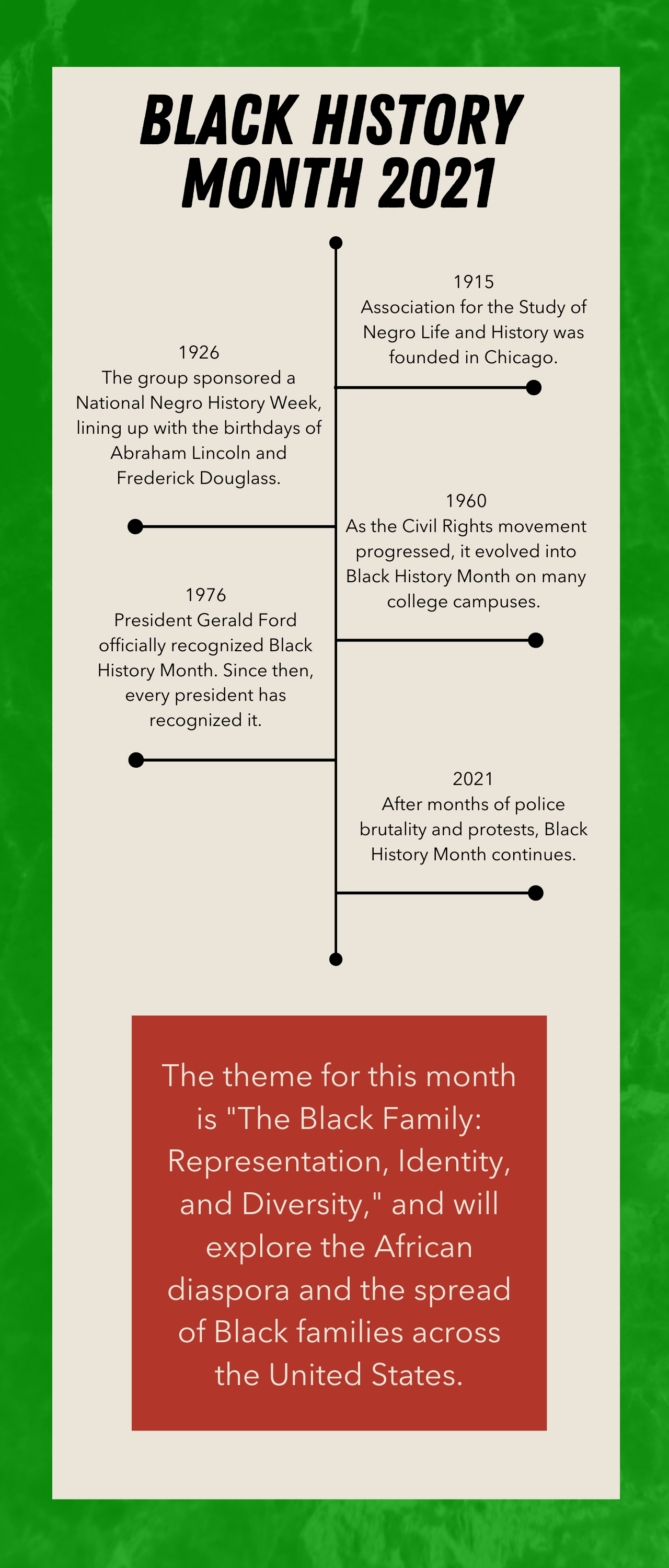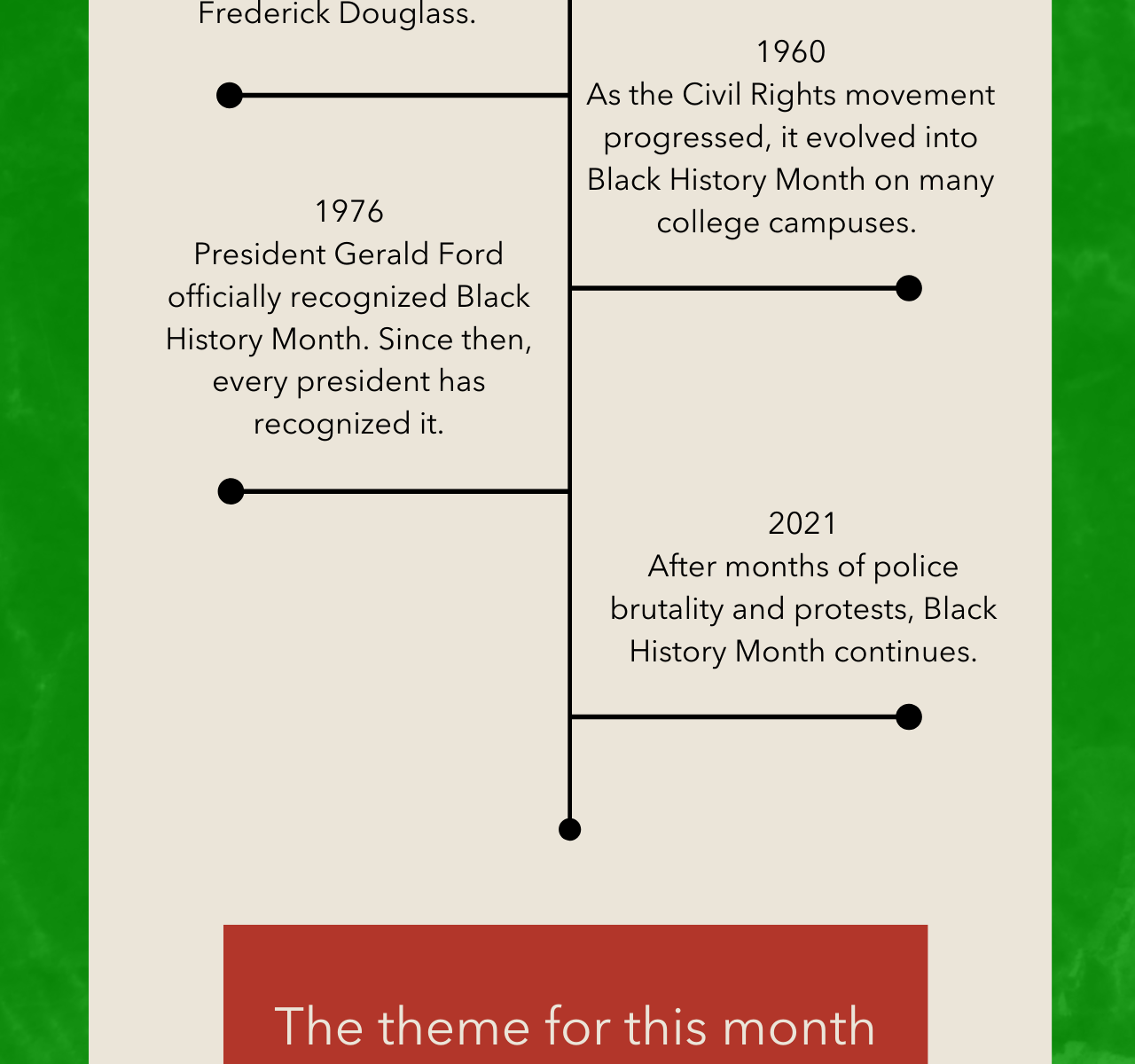
During Black History Month, St. Thomas recognizes the Black leaders who have enhanced the campus community. Ea Porter, Todd Lawrence and Munir Maalim are three leaders who demonstrate the importance of celebrating Black history through their work, commitment to teaching and activism.

Ea Porter
Porter, the program manager at the School of Education, believes it’s her duty to make everyone, regardless of race gender or sex, feel included within the community. She has done so through St. Thomas programs such as Women in Equity, and shares her love for Black history, like other leaders on campus, by celebrating the culture.
“I was a safety zone officer when we had that initiative here, and part of that was looking at women’s safety,” Porter said. “I was also one of the sexual harassment investigators here for the university.”
Her parents’ encouragement to embrace who she is as an individual is what drove Porter to fight for equal rights for African Americans, especially women of color.
“My parents always told us to never apologize for being Black and never apologize for being women,” Porter said.
Porter encourages students on campus to recognize the impact their words carry. “Be kind to one another” is a motto that Porter lives by day-to-day.
“I think we all deserve to be treated with kindness and respect,” Porter said. “Sometimes the behavior that’s unkind and disrespectful is not intentional, but at the end of the day, impact is far more important than intent.”
Todd Lawrence
Lawrence, faculty of the English and American Culture and Differences departments, uses his role as a professor to educate his students on the history of Black culture and identity. In his course, American Cultures and Differences, Lawrence explores the realm of Black identity and challenges his students to think deeper on the topic of what it means to be Black in America.
“To understand the power of culture, it’s a thing that impacts us on a daily basis, but it’s a thing that we often don’t pay much attention to,” Lawrence said. “We want everyone to be aware of these things because it impacts how we treat each other and see each other.”
Lawrence often hones in on his ability to recognize the systemic norms that surround Black culture when teaching about topics such as police brutality. He emphasizes the importance of recognizing cultural norms when explaining these troubling topics in his classes.
“Why do police see Black men as more dangerous than other people, like a young white man?” Lawrence said. “By reading some theory, by looking at some historical examples, we can basically show that there is a, not excusable, reason why people see Black men as dangerous, and it’s a part of culture.”
Lawrence believes that the time is now to educate youth, even those who don’t believe they fit the category of studying black history, on the importance of the culture, and the significance of the figures who paved the way for Black leaders to come.
“Black History Month is really important because Black history has been ignored and neglected,” Lawrence said. “I believe that everybody, doesn’t matter what race you are, doesn’t matter if you’re interested in it or not, should be introduced to the achievements, thinking and theorizing that has to do with Black people in the United States.”
Munir Maalim
Maalim, the transfer senator for the Undergraduate Student Government, uses his voice to advocate for the Black community, to make sure that every individual feels welcome on campus, whether he knows them or not.
“If I see someone on campus who looks like they’re new here, I’ll go straight up to them and I’ll talk to them,” Maalim said. “It’s nothing praiseworthy, it’s just the bare minimum.”
Learning about Black history and its relevance to today is what drives Maalim to pass on his knowledge to his peers; he believes it’s a step in the right direction to a more progressive nation.
“I don’t think that a lot of people have to look too far into the past to see what has been done in the name of skin color and, with regards to the colonization of a whole nation,” Maalim said.
For years to come, Maalim hopes to continue making St. Thomas a more inclusive community, and he strives to continue welcoming diverse students into his circle, so they feel accepted and valued.
“I’m trying to make this a better environment for anybody who is diverse,” Maalim said.
Leila Weah can be reached at weah7721@stthomas.edu.




Wow! This is a great story, and with the community at St. Thomas, black excellence needs to be recognized a lot more than it is. Leila did a great job of highlighting some of the leaders at our school and what they are doing to educate and enhance the Tommie experience. Can’t wait to read more written by her.